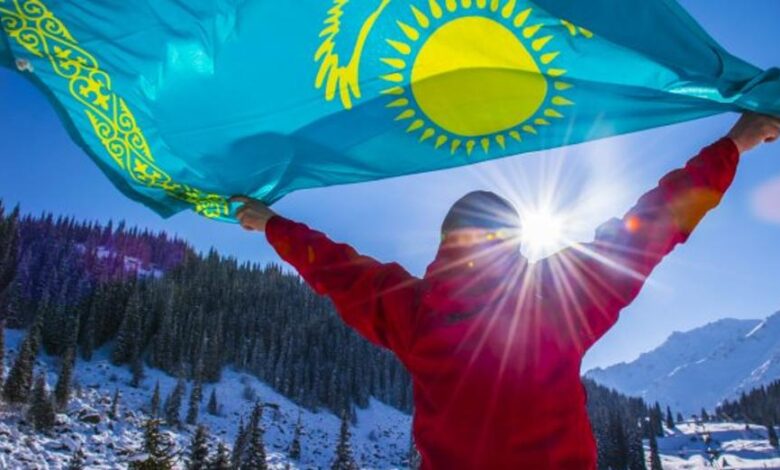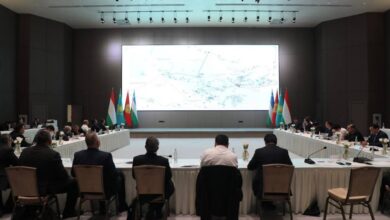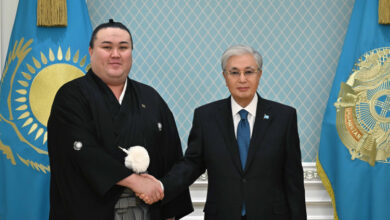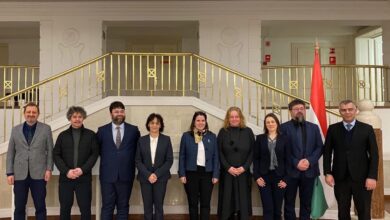Nearly 9,000 People Relocated Under Kazakhstan’s Voluntary Resettlement Program in 2024
In 2024, a total of 8,950 people benefited from Kazakhstan’s voluntary resettlement program, aimed at enhancing labor mobility by moving workers from surplus labor regions to areas experiencing workforce shortages. Among them were 3,000 kandas (ethnic Kazakhs returning from abroad) and 5,950 other migrants, according to the Ministry of Labor and Social Protection.

Regional Resettlement Breakdown
The majority of resettlements were directed to:
- Pavlodar Region – 3,422 people
- North Kazakhstan Region – 2,547 people
- Kostanay Region – 1,020 people
- East Kazakhstan Region – 781 people
- Akmola Region – 537 people
- Abai Region – 530 people
- Ulytau Region – 70 people
- Karaganda Region – 43 people
Countries of Origin for Kandas
Most kandas arrived from:
- Mongolia – 1,072 people
- Uzbekistan – 908 people
- China – 762 people
- Russia – 164 people
- Other countries – 94 people
Employment and Economic Impact
Among the resettled individuals, 4,279 were of working age. Of these:
- 2,721 secured permanent jobs
- 207 started entrepreneurial activities
- 25 received grants to launch businesses
They found employment in sectors such as healthcare, agriculture, education, and industry.
Success Story: The Suleimenov Family
One successful case of resettlement is the Suleimenov family, who relocated from the Mangystau Region to the town of Taiynsha in North Kazakhstan in 2023.
“We received state support for each family member, including a relocation allowance of 1,690,500 tenge, and we were able to purchase a home through the economic mobility certificate. We are very happy with our decision to move and grateful for the government program, which assisted us in securing jobs and provided initial financial aid,” said Janbolat Suleimenov, head of the family.
Janbolat, a computer technician, now works at Kokshe Techstroy, while his wife, Zhadyra, a teacher and psychologist, is employed as a kindergarten educator.
Government Support Measures for Resettlers
Participants in the voluntary resettlement program receive several forms of government assistance, including:
- Relocation subsidy – One-time payment of 70 MRP per family member
- Housing and utilities subsidy – Monthly support for 12 months (between 15 and 30 MRP, depending on family size and location)
- Access to vocational training
- Employment assistance or entrepreneurial support
- Economic mobility certificates for home purchase
Additionally, employers who facilitate interregional resettlement receive a one-time employment subsidy of 400 MRP per worker if they provide housing and a permanent contract for at least two years.



